The 1960s were a decade of radical transformation and cultural evolution. From politics and music to art and fashion, influential figures emerged who reshaped the world around them. These individuals defined not only the era but also left an indelible mark on history, inspiring generations to come. This decade was marked by a spirit of innovation and rebellion, where new ideas flourished, and barriers were broken. As we explore the lives and contributions of these 20 unforgettable icons, you’ll discover remarkable stories of courage, creativity, and change that captivated the hearts and minds of millions. Join us as we delve into the legacies of those who shaped a generation.
John F. Kennedy
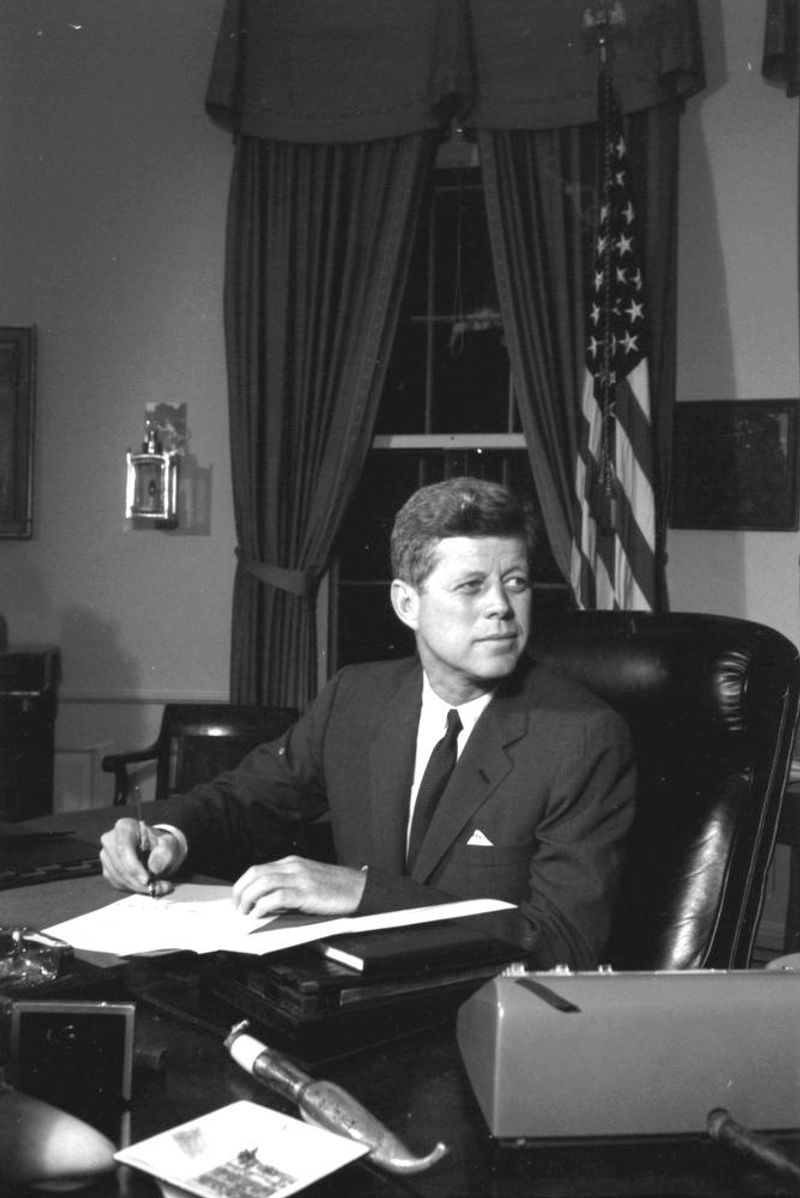
A charismatic leader, John F. Kennedy embodied youthful optimism and a forward-thinking vision for America. His presidency, though tragically short-lived, inspired a generation to believe in a brighter future. Known for his eloquent speeches and commitment to progress, JFK championed civil rights and space exploration. His handling of the Cuban Missile Crisis showcased his deft diplomacy and courage under pressure. Yet, it was his tragic assassination that immortalized his legacy, leaving a nation in mourning. Kennedy’s influence extended beyond politics as he captured the imagination of people worldwide. He remains a symbol of hope, change, and the enduring quest for a better world.
Marilyn Monroe
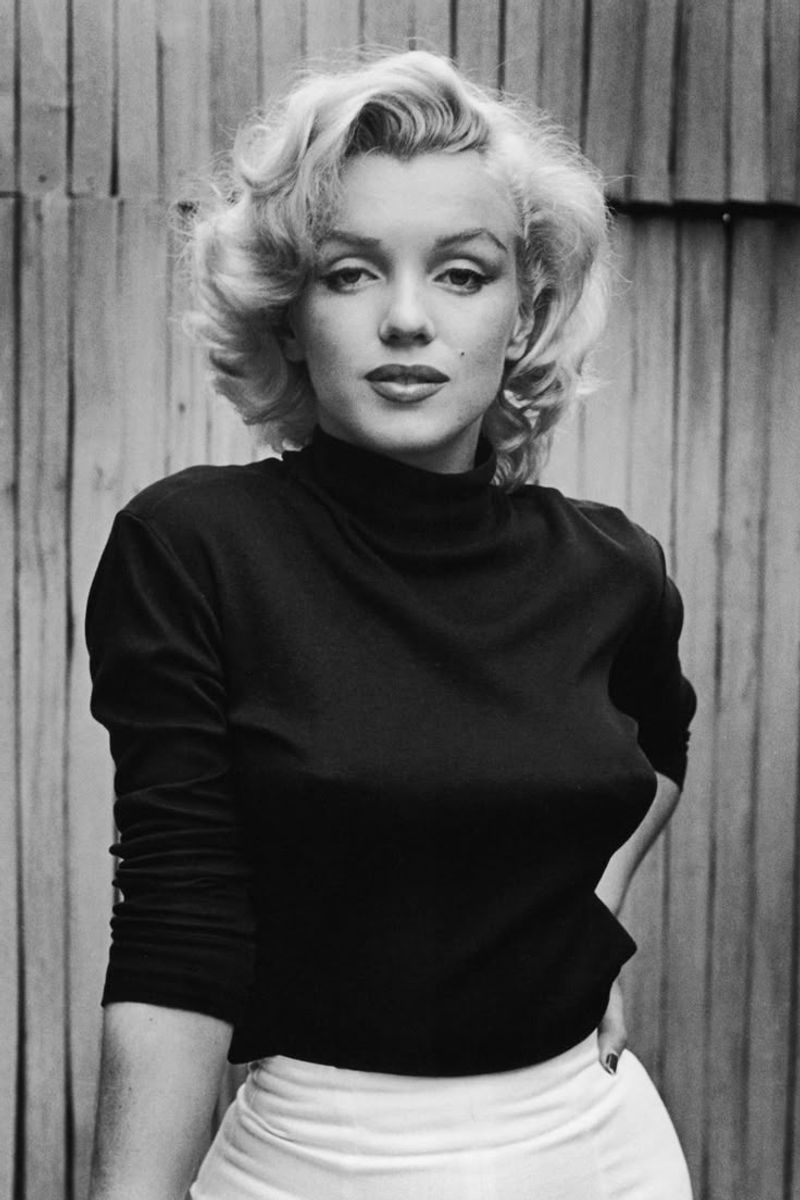
Even after her untimely death in 1962, Marilyn Monroe continued to epitomize beauty and vulnerability. Her status as a cultural and fashion icon was cemented by her captivating screen presence and complex persona. Known for her roles in films like Some Like It Hot, Monroe’s allure transcended the silver screen. Her personal struggles and tragic end added depth to her legend, rendering her both enchanting and enigmatic. Monroe’s influence on beauty standards and pop culture endures, as she remains a symbol of eternal glamour and mystery. Her life and legacy continue to fascinate and inspire across generations.
Martin Luther King Jr.
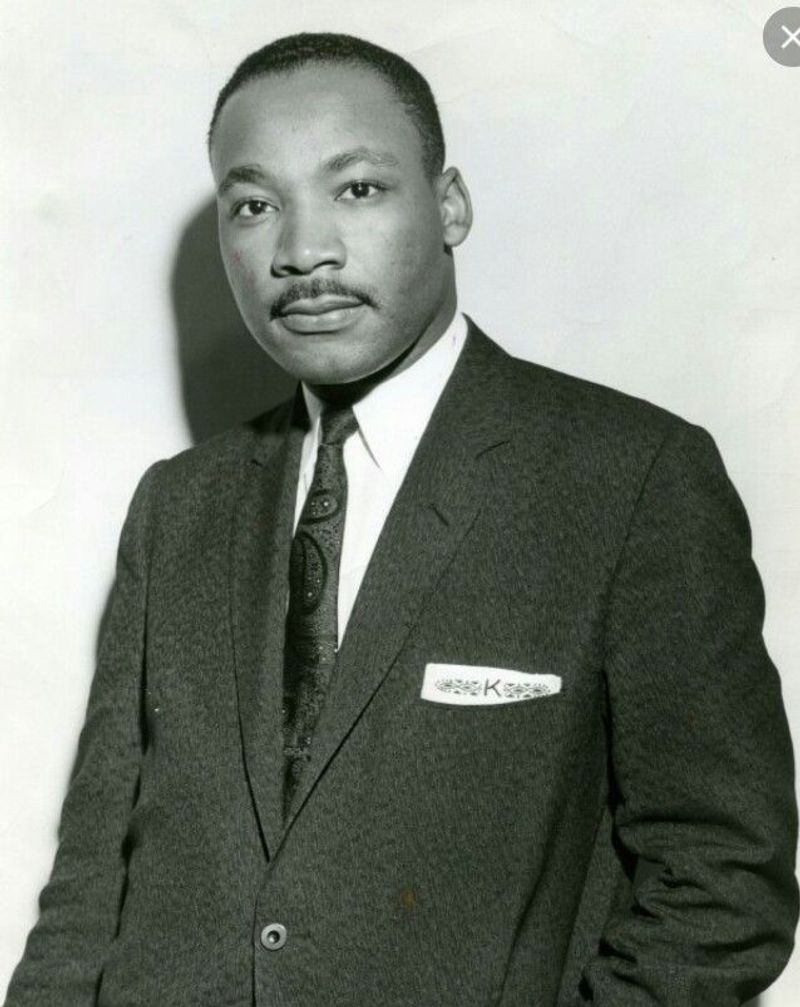
With a voice that resonated across the globe, Martin Luther King Jr. led the charge for civil rights through peaceful protest and powerful rhetoric. His iconic “I Have a Dream” speech became a rallying cry for equality and justice. King’s steadfast dedication to nonviolence and social change inspired countless individuals to join the fight against racial injustice. His leadership during events like the Montgomery Bus Boycott and the March on Washington underscored his unwavering commitment to freedom and equality. Tragically, his assassination silenced a beacon of hope, but his dream lives on, continuing to inspire the pursuit of justice.
The Beatles
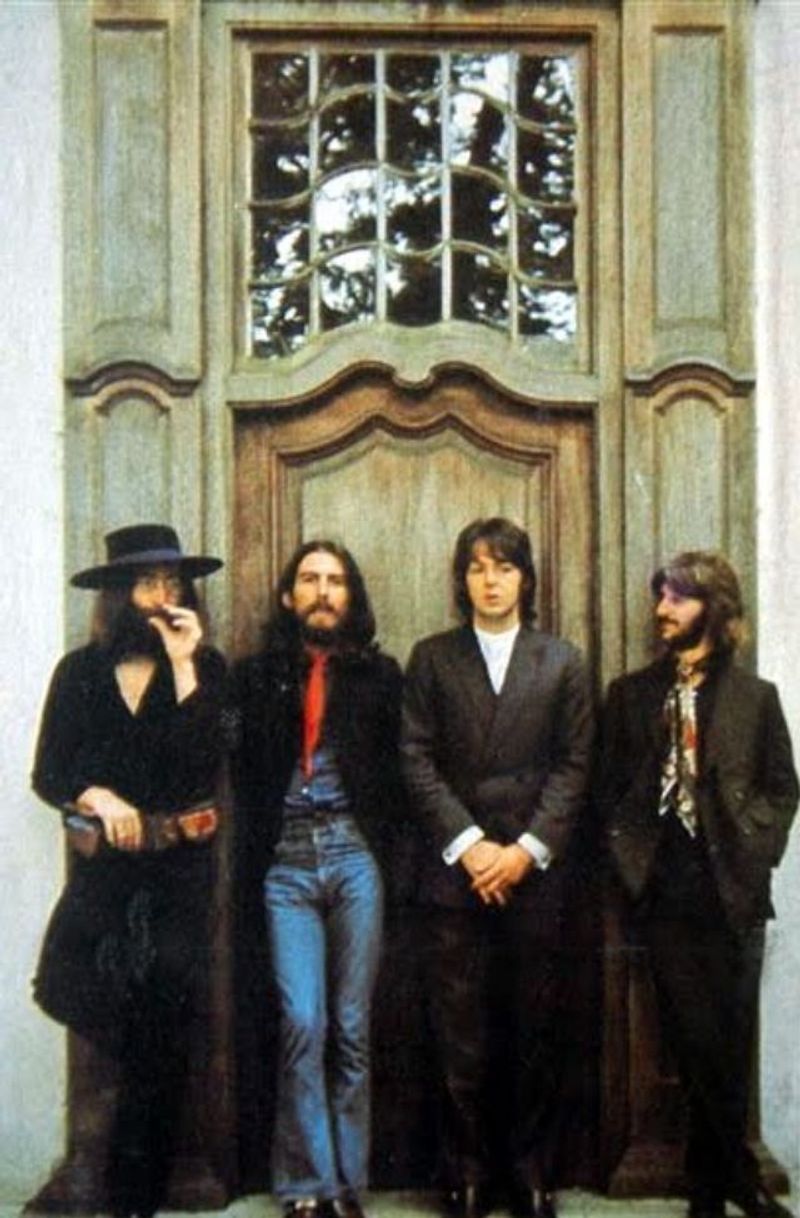
The Beatles revolutionized music and pop culture with their innovative sound and charismatic presence. Comprised of John, Paul, George, and Ringo, the band from Liverpool became a global phenomenon, captivating audiences with hits like “Hey Jude” and “Let It Be.” Their music mirrored the social and cultural shifts of the 1960s, influencing everything from fashion to attitudes. The Beatles’ evolution from pop sensations to experimental artists showcased their creativity and versatility. Their legacy continues to resonate, as they remain one of the most influential bands in history, inspiring countless musicians and fans around the world.
Twiggy
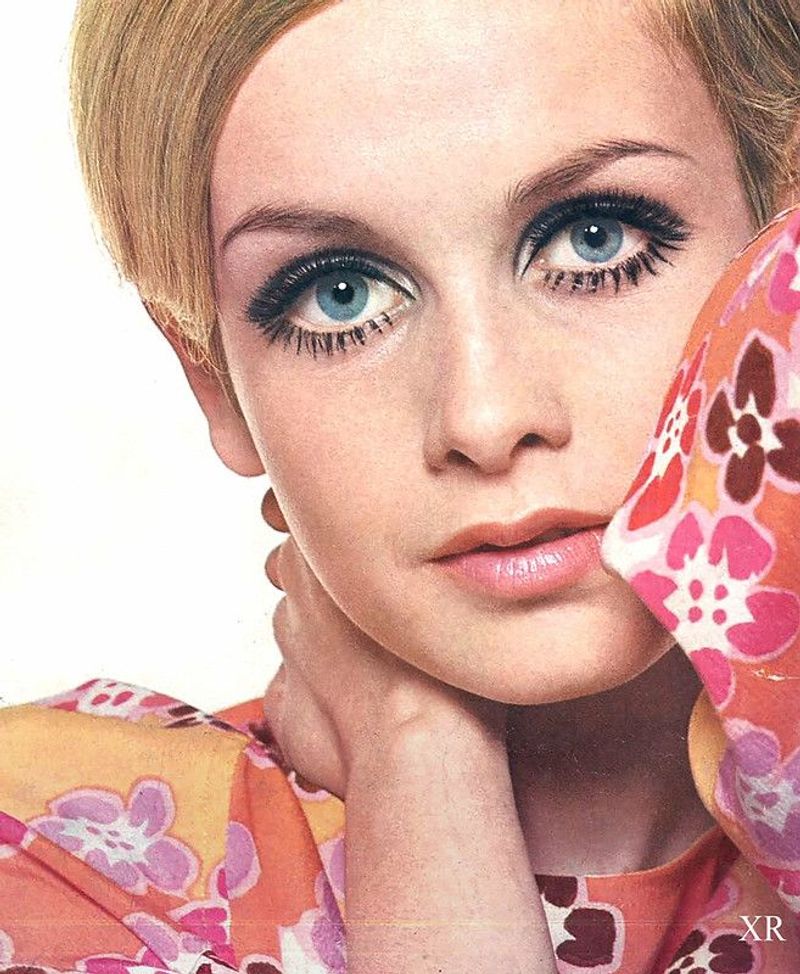
With doe eyes and a pixie cut, Twiggy became the face of 1960s fashion, redefining beauty standards with her androgynous look. Discovered at the age of 16, she quickly became a sensation, gracing the covers of magazines and setting trends worldwide. Her unique style and charm made her an icon of the Swinging Sixties, embodying the era’s youthful spirit and bold innovation. Twiggy’s influence extended beyond modeling, as she became a symbol of the changing perceptions of femininity and beauty. Her legacy as a fashion trailblazer remains, inspiring future generations of models and designers.
Muhammad Ali
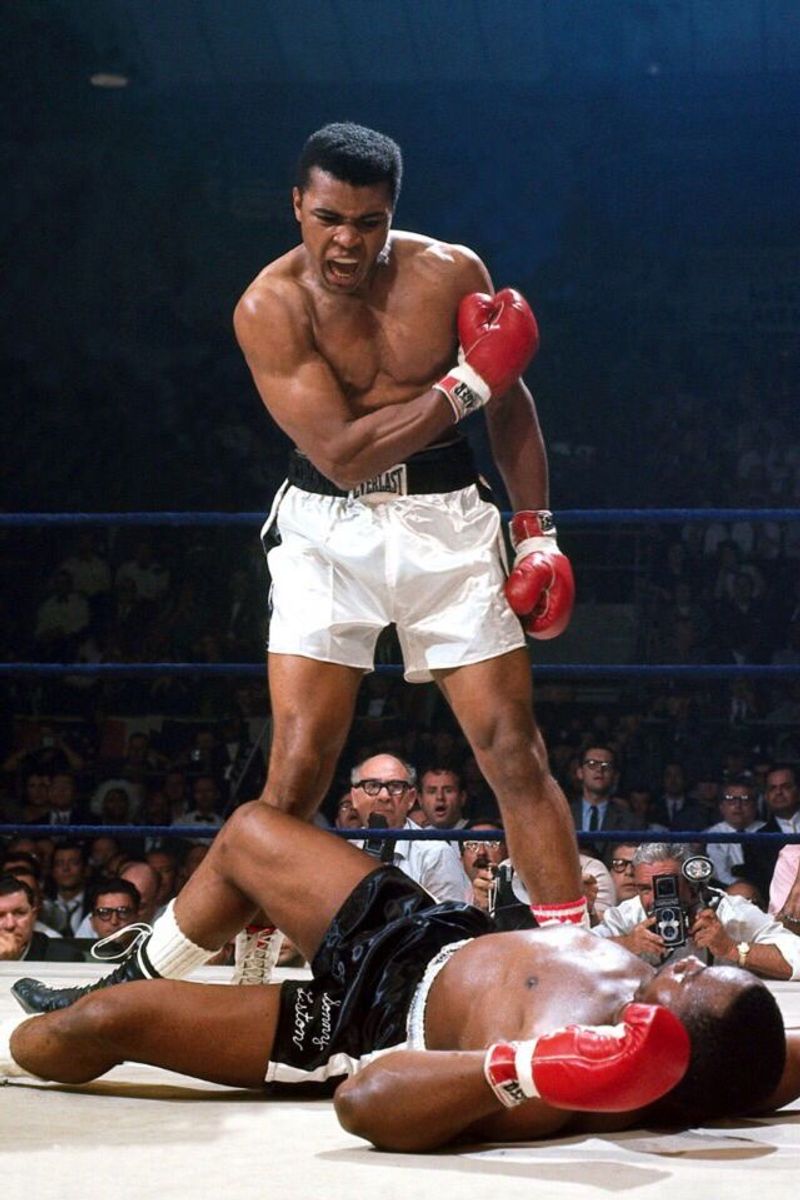
Muhammad Ali, with his unparalleled charisma and prowess in the boxing ring, emerged as both a sports legend and a voice for social change. Known for his quick wit and confidence, he captivated audiences with his performances and outspoken views. Ali’s refusal to be drafted into the Vietnam War on moral grounds showcased his steadfast principles. His iconic bouts, including the “Fight of the Century,” solidified his status as a boxing icon. Beyond sports, Ali’s activism and influence resonated across the globe, making him a symbol of courage and conviction. His legacy endures, inspiring athletes and activists alike.
Audrey Hepburn
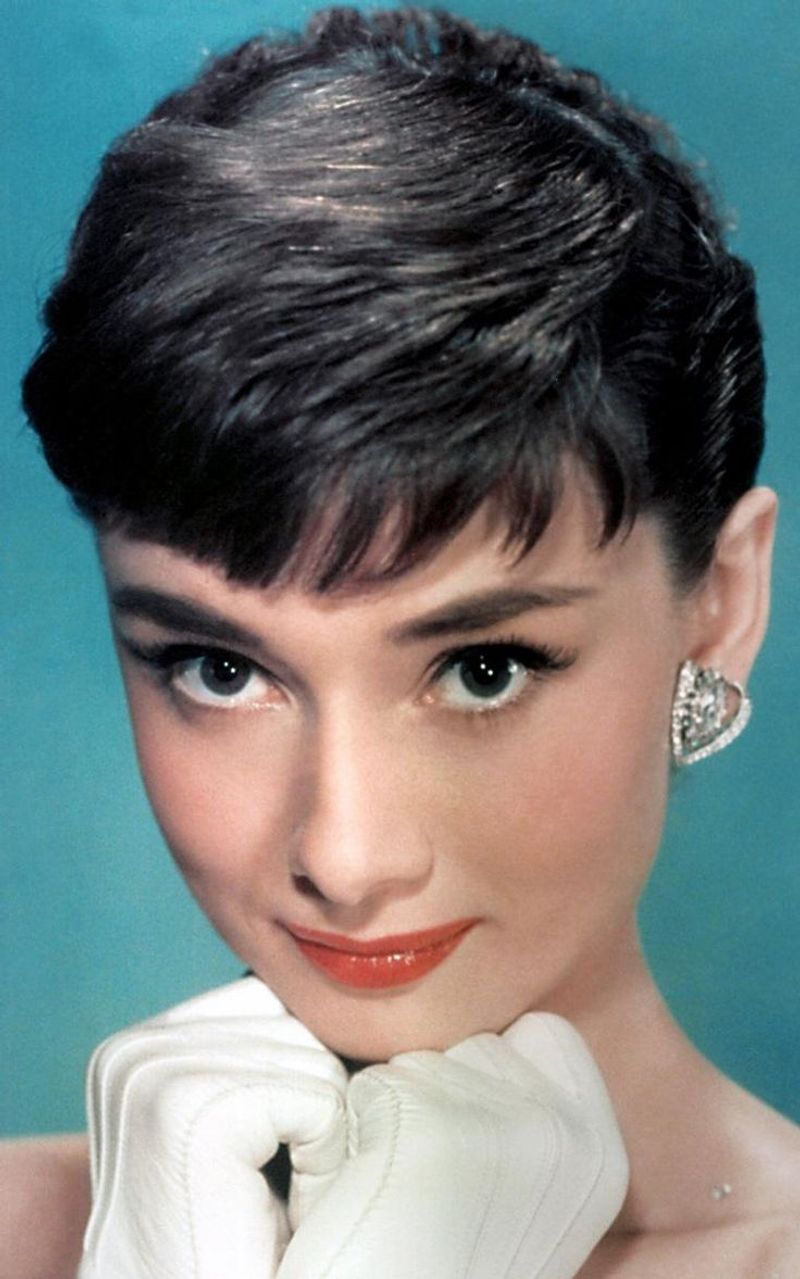
Audrey Hepburn’s elegance and grace made her a beloved icon of 1960s cinema. Her role in Breakfast at Tiffany’s, with her timeless portrayal of Holly Golightly, became emblematic of sophistication and style. Hepburn’s talent extended beyond acting, as she was renowned for her humanitarian efforts and dedication to helping others. With her distinctive look and graceful demeanor, she redefined Hollywood glamour. Audrey’s influence on fashion and her charitable legacy continue to inspire, reflecting her beauty inside and out. Her enduring appeal and contributions to film and society have left an indelible mark on popular culture.
Bob Dylan
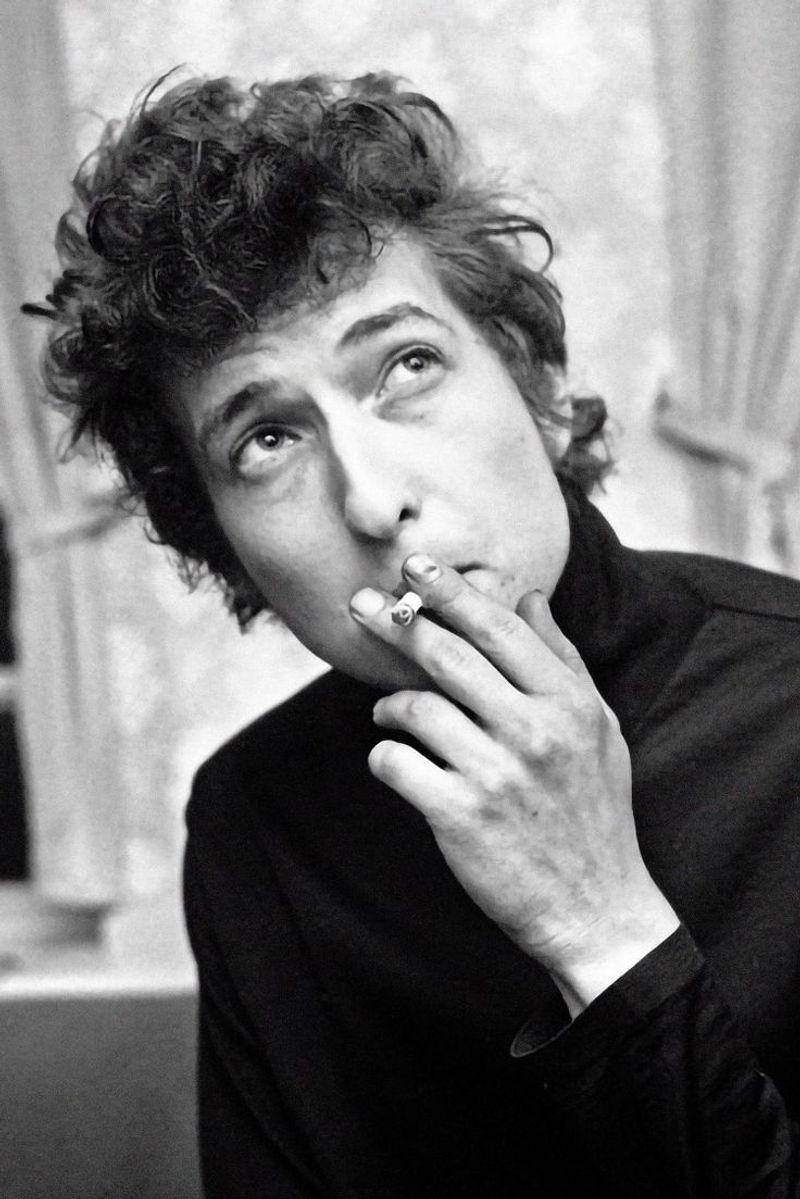
Bob Dylan’s songs became the anthems of a generation seeking change and social justice. With poetic lyrics and a distinct voice, Dylan captured the era’s spirit of rebellion and transformation. His iconic tracks like “Blowin’ in the Wind” and “The Times They Are a-Changin’” spoke to the political and social upheaval of the 1960s. As a voice for civil rights and an advocate for change, Dylan’s influence extended beyond music, impacting cultural and political discourse. His legacy as a pioneering artist and social commentator endures, resonating with those who seek truth and justice through art.
Jacqueline Kennedy Onassis
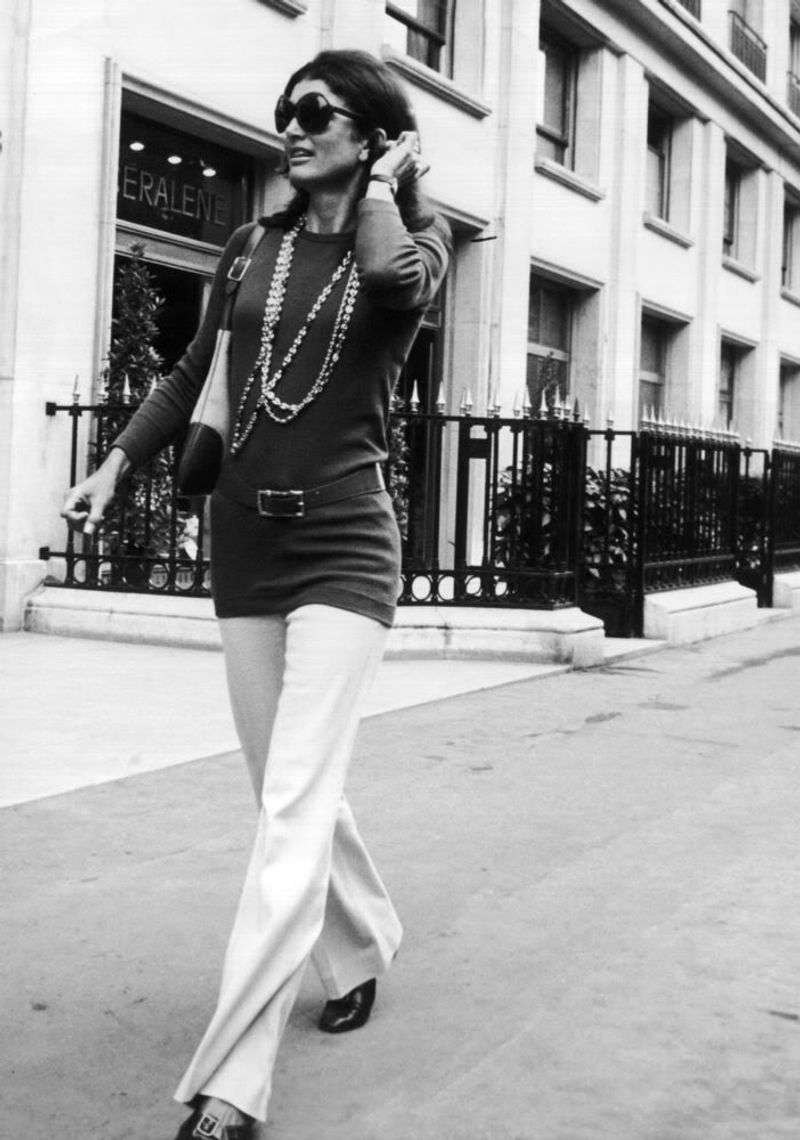
During her time as First Lady, Jacqueline Kennedy Onassis became a global style icon and a symbol of elegance and poise. Her dedication to art and culture was evident in her restoration of the White House and her support for the arts. Despite personal tragedies, she demonstrated remarkable strength and grace, capturing the admiration of many. Jackie’s influence extended beyond fashion, as she became a role model for resilience and dignity. Her legacy as a cultural and fashion figure remains influential, inspiring admiration and emulation across generations.
Jimi Hendrix
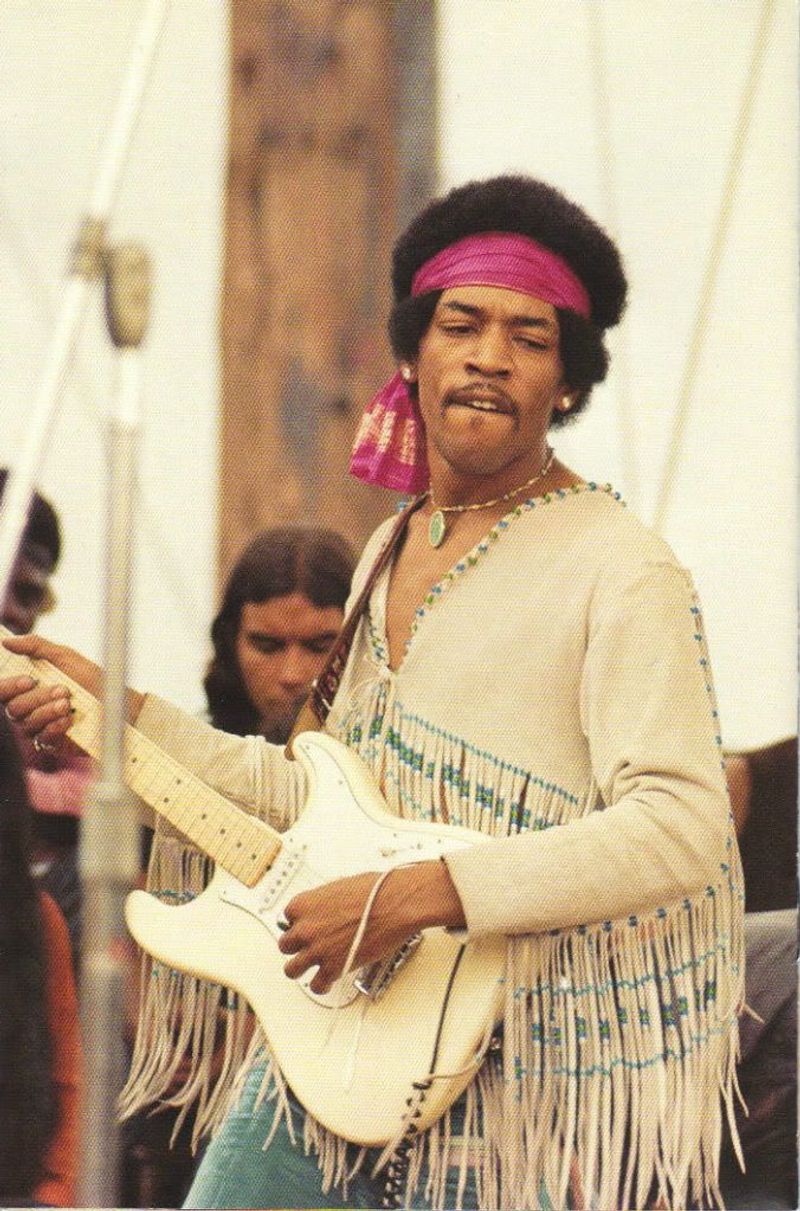
Jimi Hendrix’s innovative guitar techniques and electrifying performances transformed the landscape of rock music. Known for his virtuosic skill and charismatic stage presence, Hendrix captivated audiences with hits like “Purple Haze” and “All Along the Watchtower.” His experimental sound and exploration of musical boundaries exemplified the psychedelic spirit of the 1960s. Beyond his musical contributions, Hendrix became a cultural symbol of rebellion and creativity. Though his life was cut short, his impact on music and culture endures, inspiring countless musicians and artists who continue to draw from his groundbreaking work.
Andy Warhol
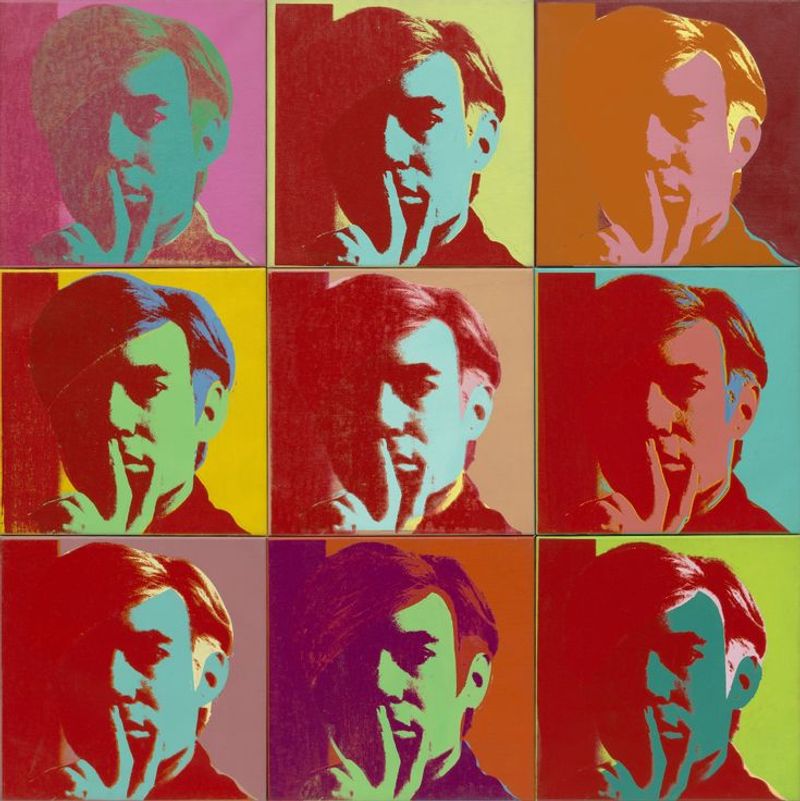
Andy Warhol redefined the art world with his innovative approach to pop art, blurring the lines between commercialism and fine art. Known for his iconic works like the Campbell’s Soup Cans, Warhol challenged traditional notions of art and celebrity culture. His studio, The Factory, became a hub of creativity and collaboration, attracting artists, musicians, and thinkers. Warhol’s exploration of fame, consumerism, and media resonated with the transformative energy of the 1960s. His influence extends beyond art, as he remains a defining figure in modern visual culture, inspiring new generations to question and create.
Aretha Franklin
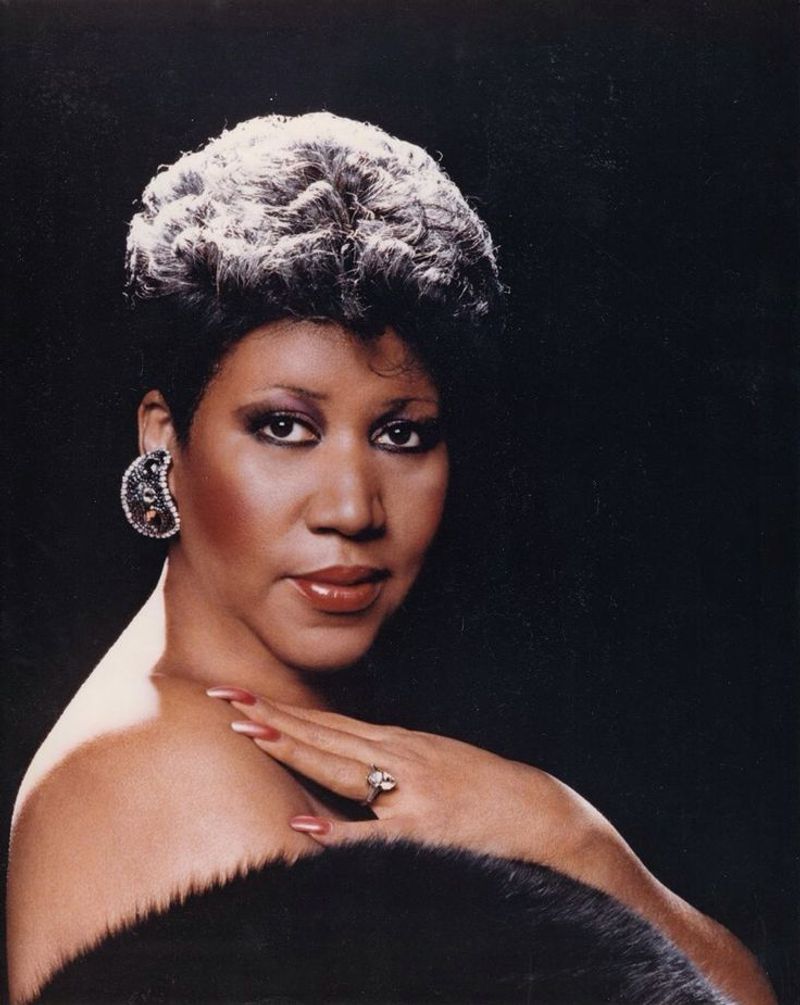
Aretha Franklin’s powerful voice and soulful performances earned her the title “Queen of Soul.” Known for hits like “Respect” and “Natural Woman,” she became a symbol of empowerment and passion. Franklin’s music resonated with the civil rights movement, offering anthems of pride and strength. Her ability to convey deep emotion and her dynamic stage presence captivated audiences worldwide. Aretha’s influence extended beyond music, as she became an icon of cultural and social change. Her legacy as a pioneering artist and advocate for equality continues to inspire, leaving an indelible mark on the world of music and beyond.
Barbra Streisand
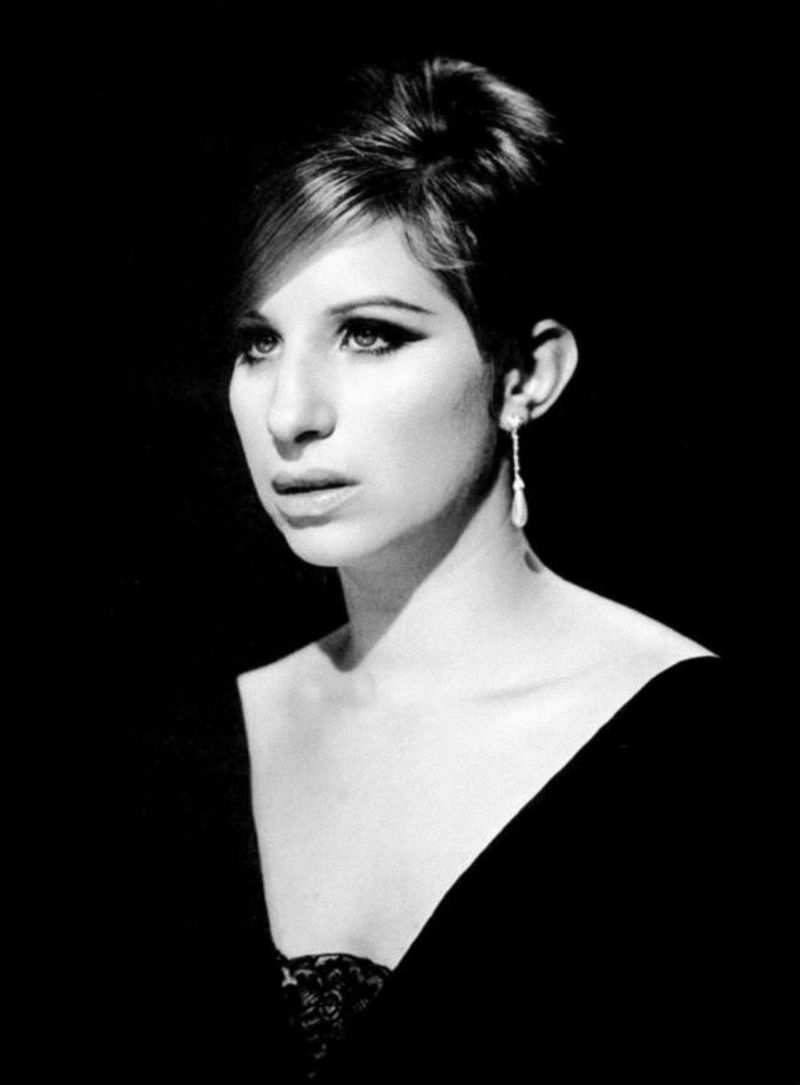
Barbra Streisand broke conventional beauty standards with her distinctive voice and undeniable talent. Rising to fame in the 1960s, she captivated audiences with performances in Funny Girl and her chart-topping music. Streisand’s ability to infuse emotion and authenticity into her work set her apart as a multifaceted star. Her success paved the way for future artists who challenged traditional norms in entertainment. Beyond her artistic achievements, Streisand advocated for social and political causes, using her platform to drive change. Her legacy as a trailblazer and icon persists, influencing generations of performers and fans alike.
Mick Jagger
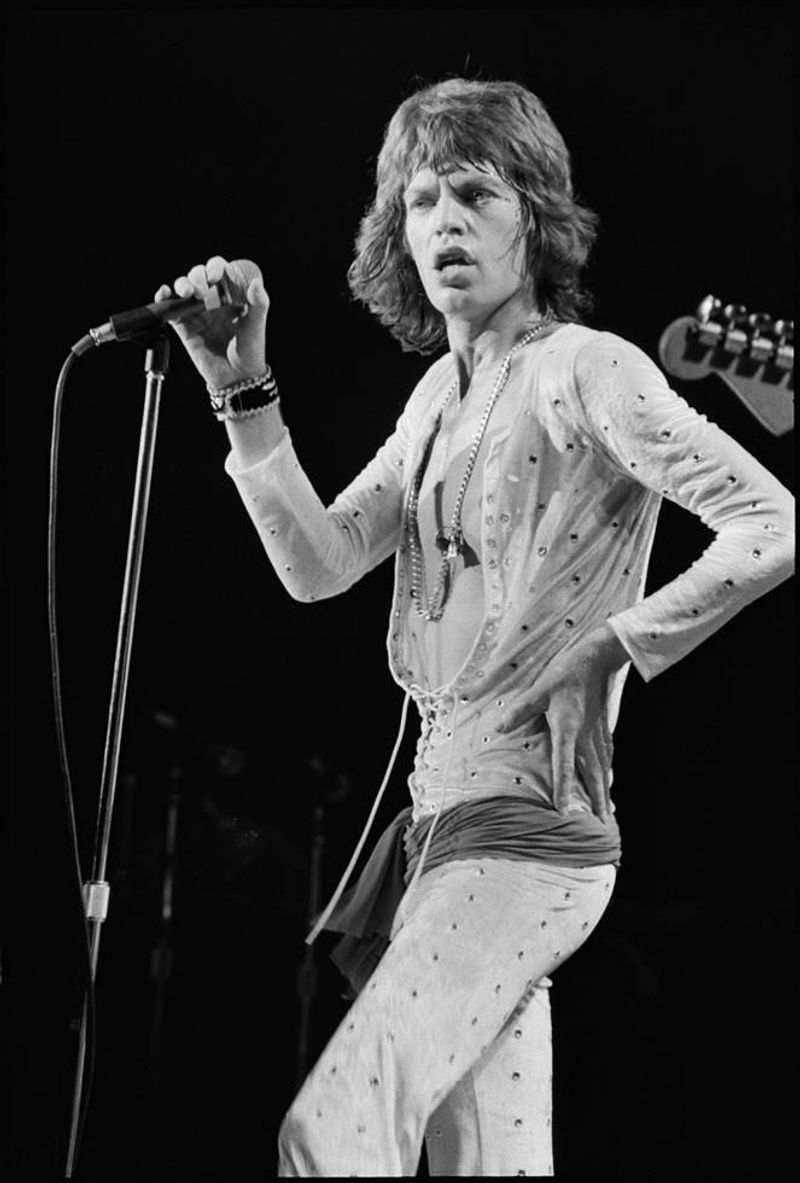
Mick Jagger, with his unmistakable voice and dynamic stage presence, became the embodiment of rock and roll rebellion. As the frontman of The Rolling Stones, he helped define the music and culture of the 1960s. Known for his energetic performances and charismatic persona, Jagger captivated audiences worldwide. His influence extended beyond music, shaping fashion and attitudes of the era. With hit songs like “(I Can’t Get No) Satisfaction,” The Rolling Stones captured the spirit of youth and defiance. Jagger’s enduring legacy as a rock icon continues to inspire artists and fans across generations.
Janis Joplin
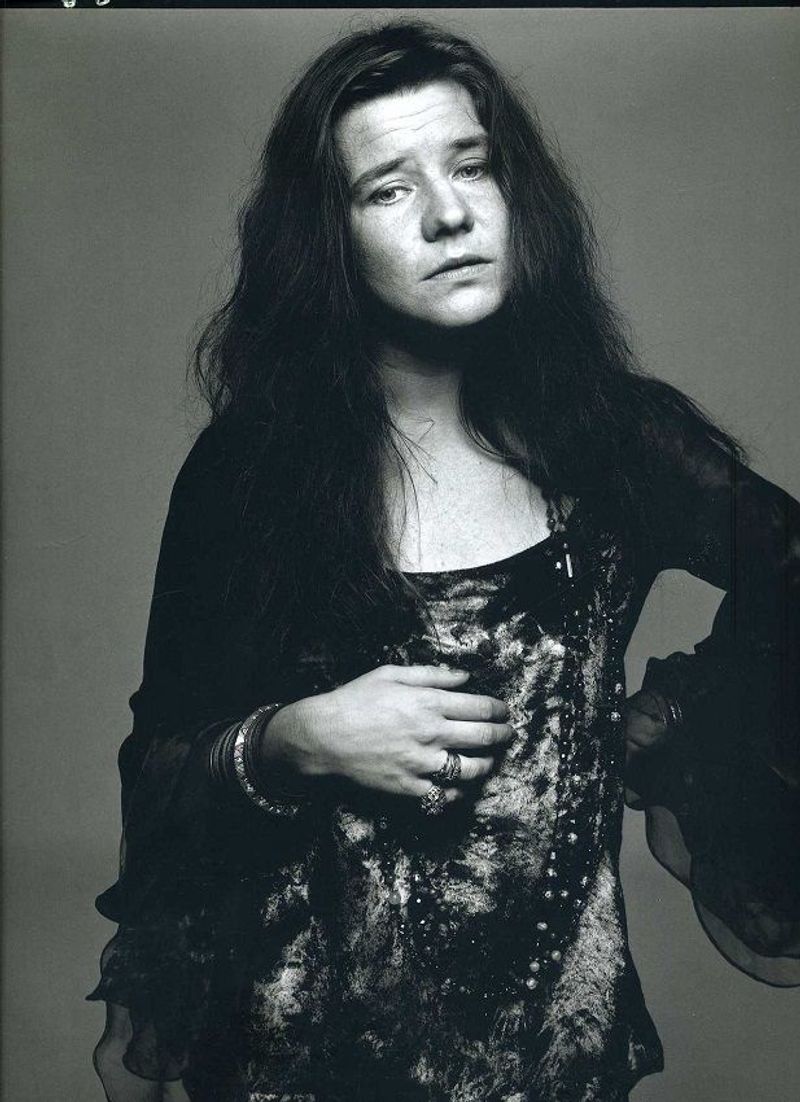
Janis Joplin’s raw and soulful voice made her a key figure in the counterculture movement. Known for her emotive performances and distinctive style, she captivated audiences with songs like “Piece of My Heart.” Joplin’s unbridled energy and authenticity resonated with the rebellious spirit of the 1960s. Her music and persona challenged societal norms, making her an enduring symbol of individuality and freedom. Though her life was tragically short, Joplin’s legacy as a pioneering female artist endures, inspiring countless musicians and fans. Her influence on rock and her fearless approach to self-expression remain timeless.
Paul Newman
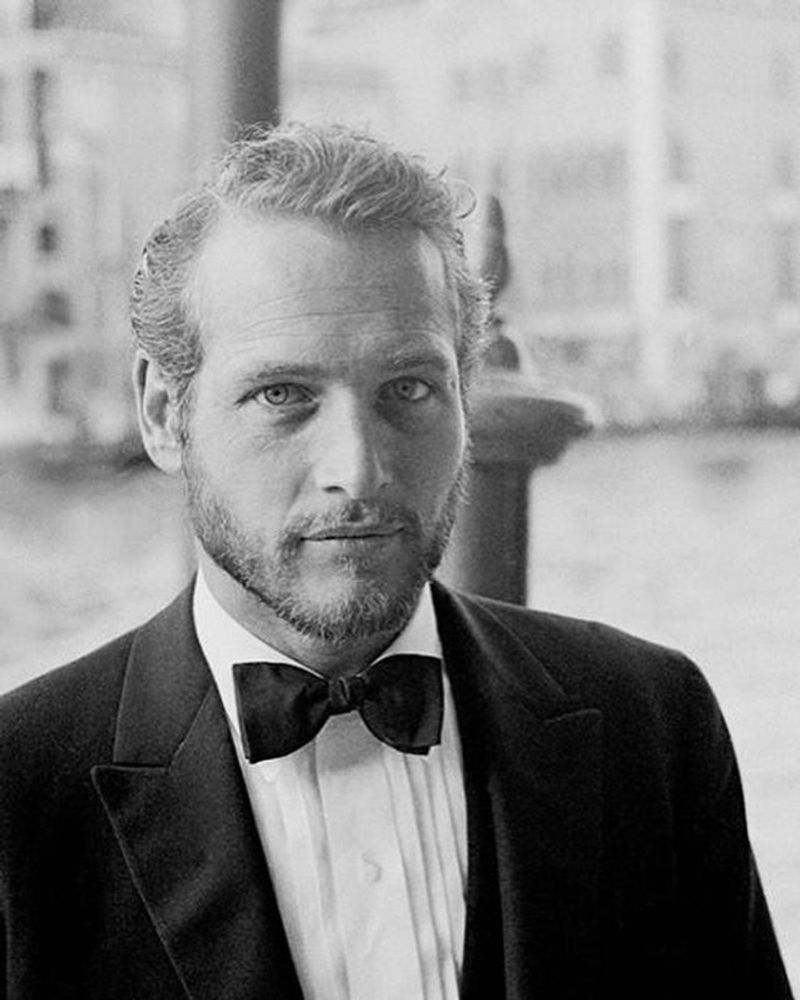
Paul Newman’s piercing blue eyes and charismatic performances made him a standout star of 1960s Hollywood. With roles in films like Cool Hand Luke, he became known for his cool, rebellious charm. Beyond acting, Newman was a dedicated philanthropist, using his fame to support numerous charitable causes. His brand, Newman’s Own, donated all profits to charity, reflecting his commitment to giving back. Newman’s influence extended beyond the silver screen, as he became a symbol of integrity and generosity. His legacy as an actor and humanitarian continues to inspire, leaving an enduring impact on both Hollywood and society.
Gloria Steinem
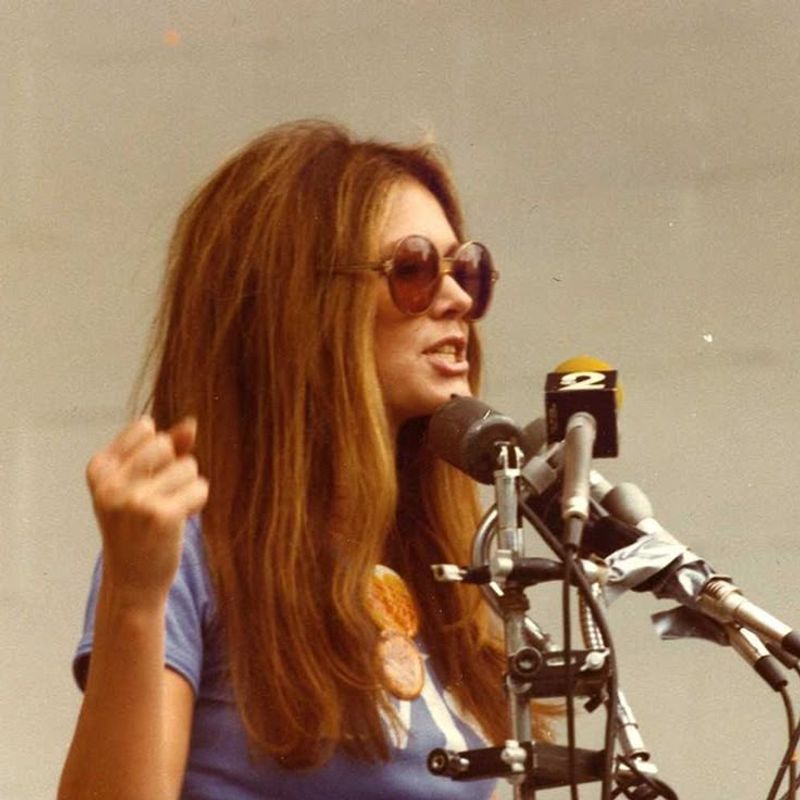
Gloria Steinem emerged as a leading voice in the feminist movement, advocating for women’s rights and social change. Her work as a journalist and activist reshaped conversations around gender equality. Steinem’s involvement in founding Ms. Magazine provided a platform for feminist discourse and empowerment. Her speeches and writings challenged societal norms, inspiring women to seek equality and justice. As a trailblazer in second-wave feminism, Steinem’s influence extended beyond the 1960s, continuing to impact the fight for women’s rights today. Her legacy as a pioneering advocate for change remains, empowering future generations in the ongoing struggle for equality.
James Brown
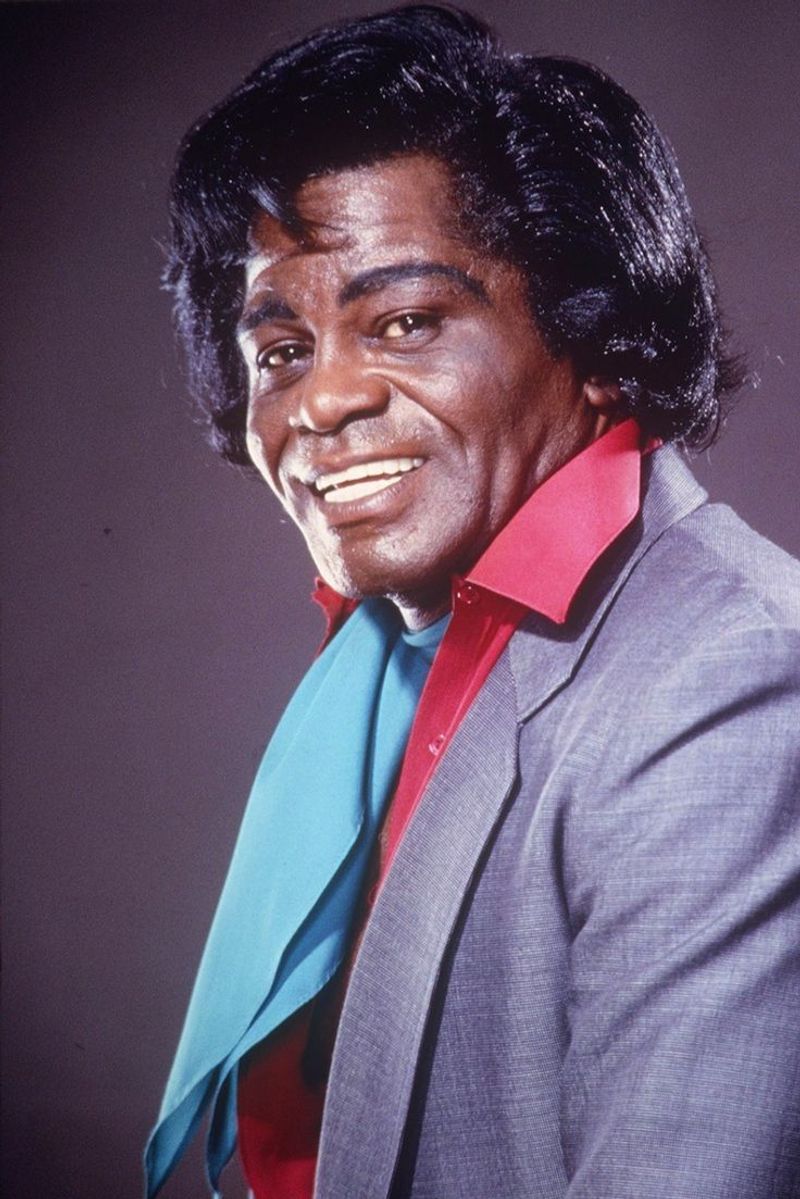
James Brown, the “Godfather of Soul,” revolutionized music with his dynamic performances and innovative sound. Known for his electrifying stage presence and hits like “I Got You (I Feel Good),” Brown became a symbol of empowerment and self-expression. His ability to blend soul, funk, and rhythm and blues set new musical trends, influencing artists across genres. Brown’s music resonated with themes of empowerment and pride, making him a cultural icon of the 1960s. His legacy as a groundbreaking artist and entertainer continues to inspire musicians and fans, leaving an indelible mark on the world of music and beyond.
Steve McQueen
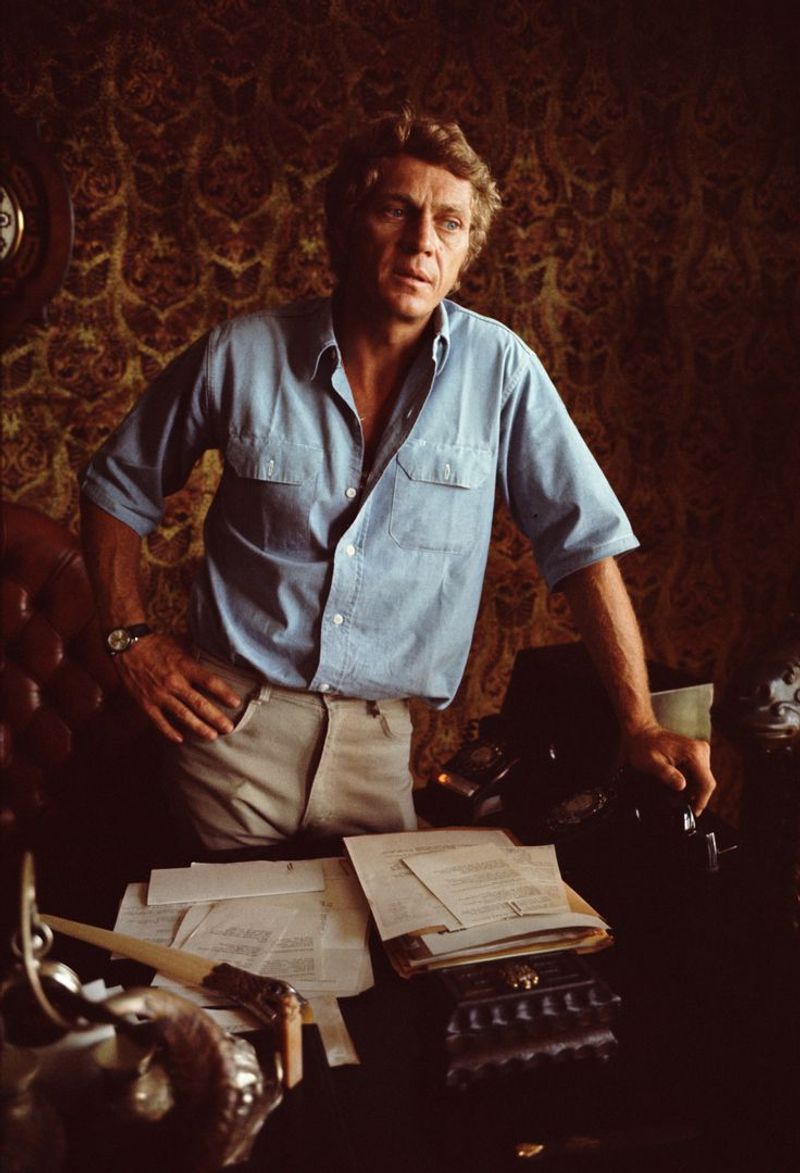
Steve McQueen, known as the “King of Cool,” embodied the rugged and rebellious spirit of 1960s cinema. With a captivating screen presence and roles in films like Bullitt, McQueen became a symbol of masculinity and style. His love for racing and adventurous pursuits added to his enigmatic persona. Beyond his acting career, McQueen’s influence extended into fashion and popular culture. His legacy as a Hollywood icon and trendsetter endures, inspiring new generations with his cool charisma and distinctive style. McQueen’s impact on film and culture remains, celebrating a life lived on his own terms.
Barbarella (Jane Fonda)
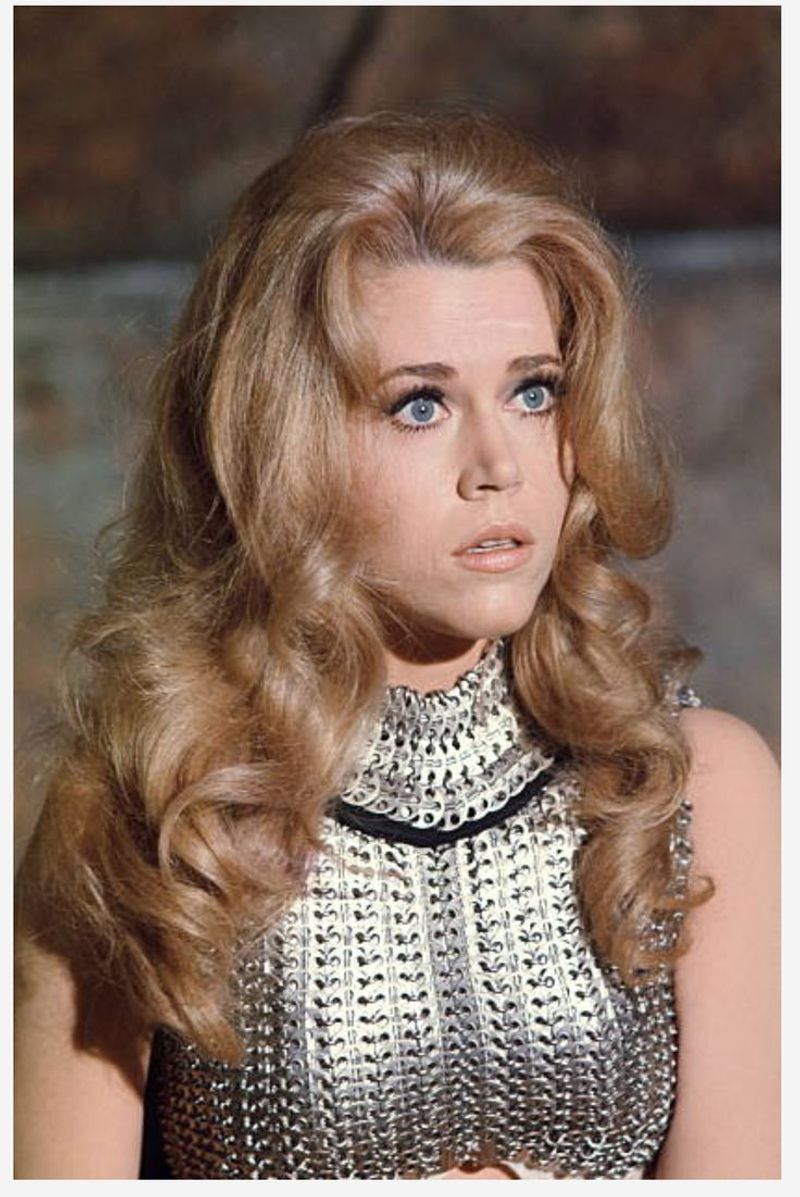
Jane Fonda’s portrayal of Barbarella captured the bold and futuristic spirit of the 1960s. As a space-age femme fatale, Fonda’s character became a symbol of evolving femininity and empowerment. The film, with its avant-garde style and daring themes, challenged traditional gender roles and expectations. Fonda’s performance reflected the era’s exploration of identity and freedom, resonating with the countercultural movements of the time. Beyond her role as Barbarella, Jane Fonda’s activism and contributions to film and society have solidified her status as an influential figure. Her legacy as an actress and advocate continues to inspire and provoke thought.

Comments
Loading…